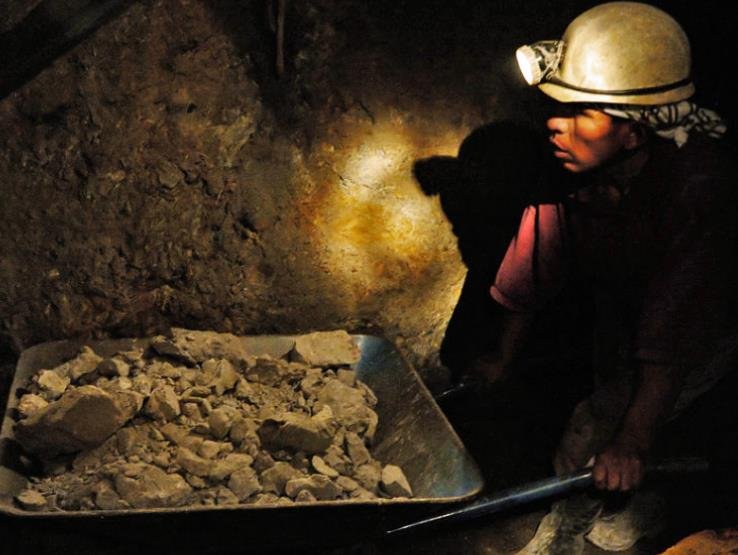Teck Resources Limited has received regulatory approval for the sale of its remaining 77% interest in the steelmaking coal business, Elk Valley Resources (EVR), to Glencore plc. The transaction, valued at $6.9 billion, is expected to close on July 11, 2024. This strategic move marks a significant shift for Teck as it transitions to focus entirely on providing metals essential for global development and the energy transition. The proceeds from the sale will be used to reduce debt, fund copper growth projects, and return cash to shareholders.
Teck’s decision to sell its steelmaking coal business is part of a broader strategy to reposition itself as a pure-play energy transition metals company. By divesting from coal, Teck aims to concentrate on its core portfolio of metals, particularly copper, which is crucial for renewable energy technologies and electric vehicles. This strategic shift aligns with global trends towards sustainability and decarbonization.

The financial impact of the sale is substantial. Teck expects to receive $6.9 billion in cash proceeds, which will be allocated towards debt reduction, funding growth projects, and returning cash to shareholders. Specifically, Teck plans to repurchase up to $2 billion of its Class B subordinate voting shares and distribute approximately $182 million through a supplemental dividend. These measures are designed to strengthen Teck’s balance sheet and enhance shareholder value.
The sale also provides Teck with the financial flexibility to invest in its near-term copper growth projects. The company aims to increase its copper production by 30% by 2028, positioning itself as a leading supplier of this critical metal. This focus on copper is expected to drive long-term growth and profitability, as demand for energy transition metals continues to rise.
Regulatory Approval and Conditions
The regulatory approval for the sale of EVR to Glencore came with specific conditions aimed at ensuring continued operations and employment in Canada. Glencore has agreed to maintain Canadian headquarters for EVR for at least 10 years and ensure that a majority of the directors of EVR are Canadians. Additionally, Glencore will maintain significant employment levels at EVR for no less than five years. These conditions are intended to safeguard local jobs and economic activity in British Columbia, where EVR is based.
The approval process involved thorough scrutiny by Canadian regulatory authorities to ensure that the transaction aligns with national interests. The conditions imposed reflect a commitment to balancing corporate interests with broader economic and social considerations. By securing these commitments, the Canadian government aims to mitigate potential negative impacts on local communities and workers.
The transaction’s approval marks a significant milestone for both Teck and Glencore. For Teck, it represents the culmination of a strategic shift towards a more sustainable and focused business model. For Glencore, the acquisition of EVR enhances its position in the global coal market, providing access to high-quality steelmaking coal assets.
Future Prospects and Industry Implications
The sale of EVR to Glencore has broader implications for the mining and metals industry. It reflects a growing trend among mining companies to divest from coal and focus on metals that are essential for the energy transition. This shift is driven by increasing regulatory pressures, investor demands for sustainability, and the global push towards decarbonization.
For Teck, the future prospects are promising. The company’s focus on copper and other energy transition metals positions it well to capitalize on the growing demand for these materials. By investing in growth projects and maintaining a strong balance sheet, Teck aims to deliver long-term value to its shareholders and contribute to global sustainability efforts.
The transaction also highlights the importance of regulatory oversight in large-scale corporate transactions. The conditions imposed by Canadian authorities demonstrate a commitment to protecting national interests and ensuring that corporate actions align with broader economic and social goals. This approach is likely to influence future transactions in the industry, setting a precedent for balancing corporate and public interests.
In conclusion, Teck’s sale of its steelmaking coal business to Glencore marks a significant strategic shift and positions the company for future growth in the energy transition metals sector. The regulatory approval and conditions ensure continued operations and employment in Canada, reflecting a balanced approach to corporate transactions. As Teck focuses on its core portfolio of metals, it is well-positioned to drive long-term growth and contribute to global sustainability efforts.








